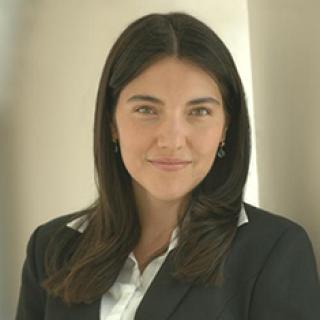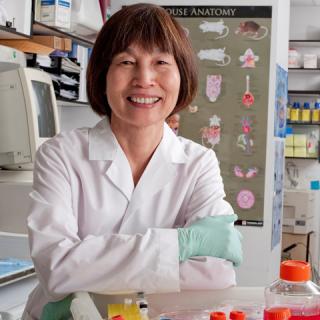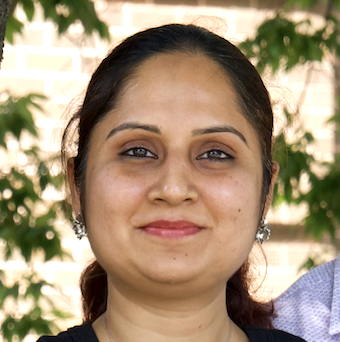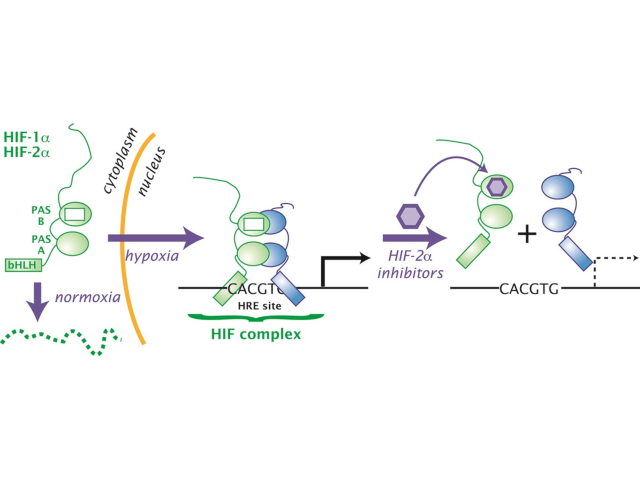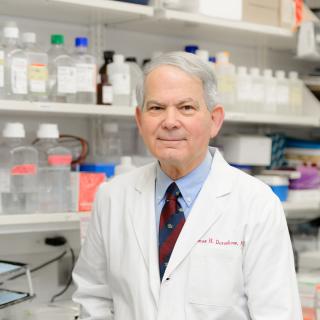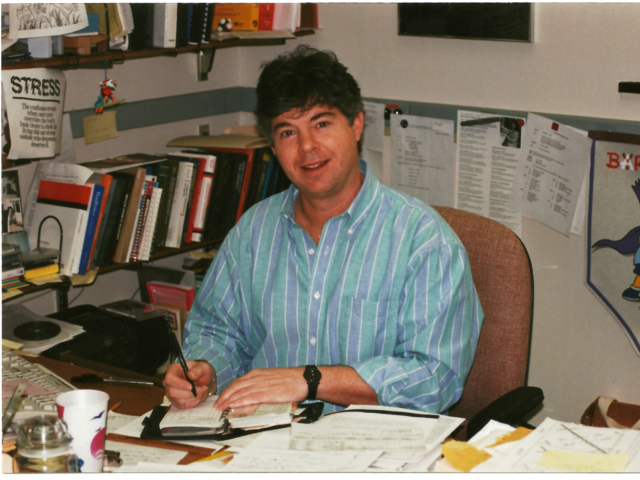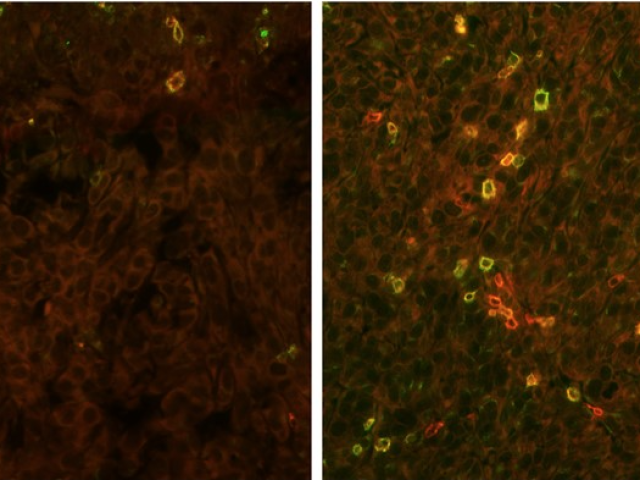Site Search
-
CCR Central Page -
Staff Profile Andrea B. Apolo, M.D.
Andrea B. Apolo, M.D., is an internationally recognized expert in bladder cancer research. She was recruited to the National Cancer Institute’s (NCI’s) Physician-Scientist Early Investigator Program in 2010 to build a translational bladder cancer program. In 2014 she received the Lasker Clinical Research Scholars Award and in 2021 was awarded tenure at the National Institutes of Health (NIH).
-
Staff Profile Sheue-yann Cheng, Ph.D.
Dr. Cheng pioneered the development of mouse models to understand the molecular basis of human diseases due to mutations of thyroid hormone receptors. Her intensive studies of mouse models of resistance to thyroid hormone (RTH⍺ and RTHβ) revealed that mutations of thyroid hormone receptor subtypes lead to different human diseases. She also elucidates the roles of thyroid hormone receptors in cancers. Dr. Cheng also developed preclinical mouse models of metastatic follicular thyroid cancer and anaplastic thyroid cancer.
-
News Posted on Mon, 04/12/2021 -
Lab/Branch/Program -
Page -
Office -
CCR Central Page -
Page -
Staff Profile Shikha Joon, Ph.D.
Shikha earned her Ph.D. in Biotechnology from the University of Delhi, India in 2018 under the joint mentorship of Prof. Sonika Bhatnagar and Prof. Rakesh Bhatnagar. During that period, she investigated the biochemical attributes of the GTP-sensing protein CodY of Bacillus anthracis, which are linked to virulence, drug resistance, biofilm formation, cell division, and growth. This led to her discovery of the first evidence for the presence of GTP hydrolysis and autophosphorylation in CodY of Bacillus anthracis.
-
News Posted on Wed, 05/14/2025 -
CCR Central Page -
Staff Profile Terrence R. Burke Jr., Ph.D.
Dr. Burke utilizes bioorganic and medicinal chemistry to prepare new biologically-active molecules, with an emphasis on peptides and peptide mimetics. His recent work has dealt with the development of inhibitors directed against phosphor-dependent protein-protein interactions, HIV-1 integrase and protein-tyrosine phosphatases. He is also engaged in developing antibody-drug conjugates. Link to additional information about Dr. Burke's research.
-
CCR Online Magazine Article -
Staff Profile James H. Doroshow, M.D.
Our laboratory focuses on the role of oxidant-mediated signalling in cytokine-, growth factor- and drug-related alterations of tumor cell proliferation. We are particularly interested in how the generation of reactive oxygen species by the members of the NADPH oxidase gene family contributes to context-driven tumor initiation, progression, and metastasis. We are actively engaged in the development of novel small molecule inhibitors of these proteins both as chemical probes and as potential therapeutic agents.
-
News Posted on Wed, 07/24/2024 -
Staff Profile Alexander E. Kelly, Ph.D.
Sophisticated mechanisms ensure the equal segregation of chromosomes every cell cycle. Errors in these processes can lead to aneuploidy and genome instability, both hallmarks and drivers of tumorigenesis and birth defects. In the Kelly lab we seek to understand how errors in chromosome segregation are prevented and corrected using a combination of biochemical, biophysical and cell biological approaches.
-
News Posted on Mon, 08/31/2020 -
CCR Online Magazine Article -
Staff Profile Ramaprasad Srinivasan, M.D., Ph.D.
Dr. Srinivasan is developing precision, targeted treatment strategies and clinical trials for patients with both hereditary and non-hereditary forms of kidney cancer. Currently, he is investigating a variety of mechanism-based treatment strategies in clear cell and papillary kidney cancer, as well as hereditary kidney cancer syndromes such as von Hippel-Lindau, hereditary leiomyomatosis and renal cell cancer (HLRCC) and hereditary papillary renal cell cancer (HPRC).
